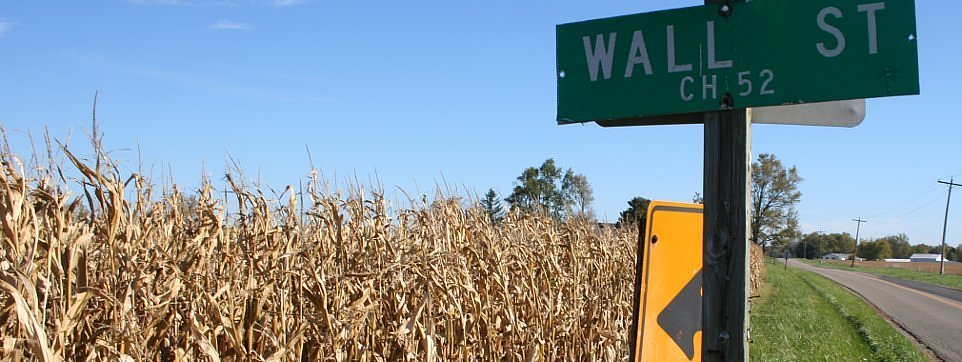Just when it seems much of the political world has gone bananas, several members of the House of Representatives have submitted HR 4715, a bill laden with rational thought that would protect current motorcycle and car racing series that are based on production vehicles.
A recent article highlighted a 629-page document from the EPA that would essentially have forced racing series like MotoAmerica to throw away their rule books and start over because it said emissions-certified motor vehicles could not be modified, even if they were used only for competition.
The EPA asserted that modifying street vehicles for competition use has always been illegal, even though it has been business as usual for decades. The ramifications of this run deeper than the $37,500 fine that could be assessed to individuals caught modifying their machines for a weekend at the track. Consider the companies manufacturing these parts and the shops whose livelihood depends on their sale, installation and tuning. About a year ago we were reading about how the government was using a loophole in the Digital Millennium Copyright Act to make it illegal to modify your own vehicle, now this.
Several members of Congress addressed this issue by coming to the aid of motorcyclists and four-wheeled racers alike with HR 4715. Known as the Recognizing the Protection of Motorsports Act of 2016 (RPM Act), HR 4715 is currently before the Energy and Commerce Committee for consideration. If enacted, it would explicitly state what has been understood for decades as Congress' intent and the proper interpretation of the law: that competition-only motor vehicles not used on the public roads are not covered by the emissions regulations under the Clean Air Act.
It’s not a long bill, so you can read it in its entirety over a cup of coffee, but here are the main points:
SEC. 2. FINDINGS.
(1) at the time the Clean Air Act was written, and each time the Clean Air Act has been amended, the intent of Congress has been, and continues to be, that vehicles manufactured for, modified for, or utilized in organized motorized racing events would not be encompassed by the Clean Air Act’s definition of “motor vehicle”;
SEC. 3. EXCLUSION OF VEHICLES USED SOLELY FOR COMPETITION FROM THE ANTI-TAMPERING PROVISIONS OF THE CLEAN AIR ACT.
Section 203 of the Clean Air Act (42 U.S.C. 7522) is amended by adding at the end of subsection (a) the following: “No action with respect to any device or element of design referred to in paragraph (3) shall be treated as a prohibited act under that paragraph if the action is for the purpose of modifying a motor vehicle into a vehicle to be used solely for competition.”
If this bill passes into law, there will be a collective sigh of relief from racers in any series that uses modified street motorcycles or cars for racing. We’re not out of the woods yet, however, because we still have some questions. First of all, the bill refers only to motor vehicles used only for competition. What about track-day-only motorcycles? They're not technically used in competition but they are not used on the street, either. Does this mean the government could come after my roommate Matt for the engine swap he just made on his track-only Yamaha YZF-R6? The new bill in Congress may help your case, Matt, but just to be safe I am going to need next month's rent in advance.
If you would like to lend your voice to the support of the RPM Act of 2016, the Specialty Equipment Market Association (SEMA) has made it extremely easy to contact your representative in congress.








